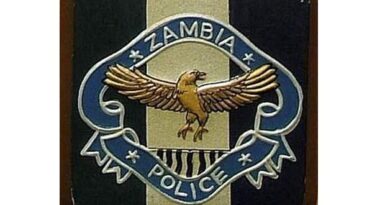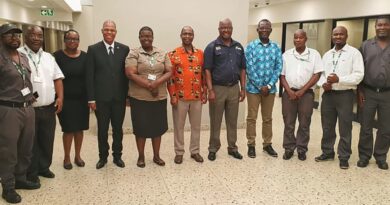Emirates and ENOC Partner to Drive Sustainable Aviation Fuel Supply in Dubai
Emirates and ENOC Group have signed a Memorandum of Understanding (MoU) to explore and develop joint initiatives for the supply of Sustainable Aviation Fuel (SAF) at Dubai International Airport.
The agreement was formalised on the sidelines of the Dubai Airshow by Adel Al Redha, Emirates’ Deputy President and Chief Operating Officer, and Hussain Sultan Lootah, Acting CEO of ENOC Group.
The MoU establishes a framework for feasibility studies to assess SAF supply opportunities in Dubai, including production capabilities, supply chain infrastructure, and commercial viability. The collaboration aims to identify economically feasible pathways for SAF production and supply, with ENOC evaluating potential contributions to local production. A joint steering committee will oversee the evaluation process.
Al Redha commented: “Emirates continues to explore ways to integrate sustainable aviation fuel into our operations. This partnership with ENOC represents a significant step in that journey. Establishing reliable SAF supply in our Dubai hub is a key priority, and this collaboration enables us to assess the most viable pathways for integration. While there is much work ahead to address supply constraints and infrastructure needs, partnerships like this are crucial in building broader SAF accessibility in Dubai and across our network.”
Lootah added: “At ENOC, we recognise the critical role SAF plays in reducing carbon emissions in aviation. This MoU with Emirates reflects our shared commitment to developing local SAF production and the infrastructure needed for low-carbon aviation.
As the UAE targets supplying 1% of jet fuel to national airlines from locally produced SAF by 2031, this collaboration brings us a step closer to that goal. ENOC remains committed to innovation, partnership, and building reliable SAF supply chains to support the UAE’s Net Zero by 2050 ambition.”
SAF is a fully certified drop-in fuel compatible with existing aircraft and airport infrastructure. It can be blended with conventional jet fuel at ratios of up to 50%, reducing lifecycle carbon emissions by up to 80% compared with standard jet fuel.
Emirates is actively advancing the UAE’s SAF ecosystem through membership in the Technical Group under the Aviation Fuels Executive Committee and the Dubai Biofuels, Hydrogen and SAF Committee.
The airline has contributed to the UAE’s General Policy for SAF, which aims to establish the UAE as a regional hub for alternative aviation fuels with production targets of 700 million litres by 2030. Emirates has also led SAF demonstration flights on its Boeing 777 and A380 aircraft.
During its 2024–25 financial year, Emirates procured 7,519 tonnes of SAF at airports across its global network, including Amsterdam, London Heathrow, Oslo, Singapore, Paris, Lyon, and Nice.



